Key Challenges in Indonesia & Our Response
As you learned above, Indonesia is one of the most populous countries in the world. And out of the millions who call the country home, many live in poverty. In fact, many children face poverty’s devastating consequences, from lacking medical care to suffering violence.
Moms and Babies Lack Critical Care
Although it has declined over time, the current infant mortality rate in Indonesia is 18.1%. This is more than three times the rate in the U.S., which is 5.6%.
Sadly, many moms in Indonesia can’t get medical care, quality nutrition or even birth attendants to give their babies the best chance at life. And even if babies survive birth, the same lack of care and nutrition threatens their lives as they grow.
Our Response: Providing Medical Care, Nutrition Support & More
The churches we serve in Indonesia have adopted Compassion’s Survival program. Through this program, we offer prenatal care, counseling and community support to pregnant moms. We also help moms care for their new babies through the first year of life, which is a critical time for establishing a child’s health.
Once babies celebrate their first birthday, they’re then eligible to be sponsored by someone like you. Through sponsorship, little ones receive medical care, nutrition support and more, helping them grow healthy and strong.
Violence Threatens the Lives of Children
Violence against children is prevalent throughout Indonesia. According to recent data, one in three women and girls experience violence in their lifetime. And more than a third of boys will suffer physical violence.
Violence of any kind hurts children, not just physically but also emotionally and spiritually. Children often suffer trauma that lasts throughout their lifetime, stealing their hope.
Our Response: Protecting Children From Violence
The children in Compassion’s program are known, loved and protected. Staff and volunteers at Compassion centers are trained to see the signs of violence and intervene quickly.
We also help the children we serve understand their rights and use their voices to stand up for themselves and others around them.
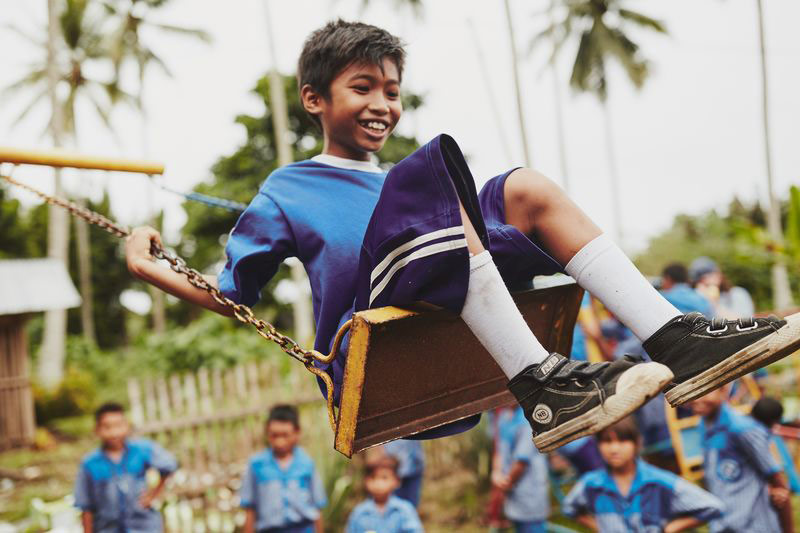
A boy smiles and swings on the playground.
Caption
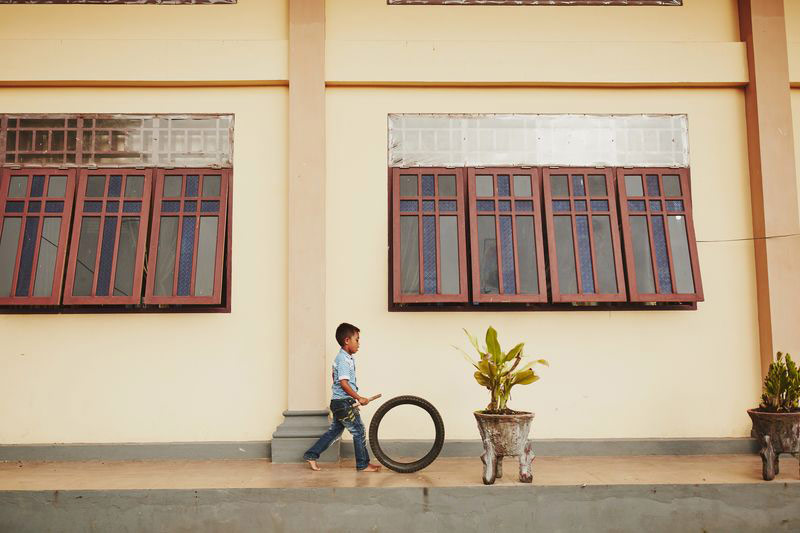
A boy rolls a tire with a stick down the hallway at his child development center.
Caption
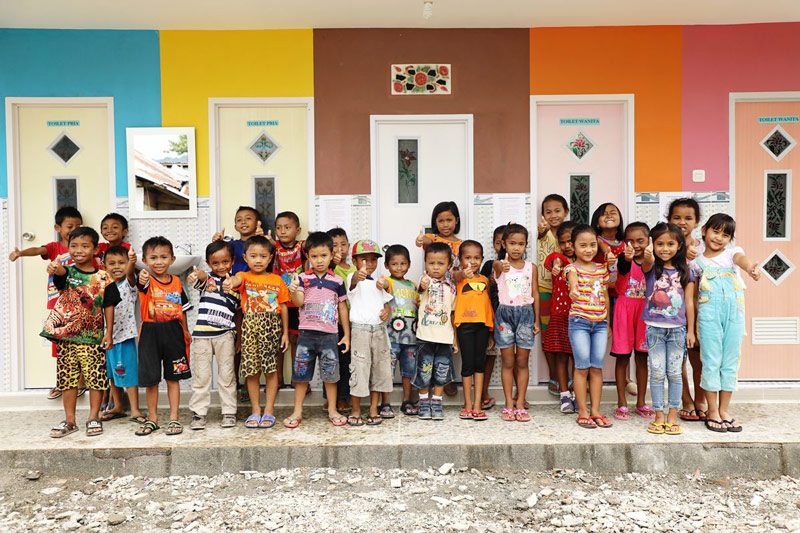
A group of children stand in front of a colorful wall and give a “thumbs up” to the camera.
Caption
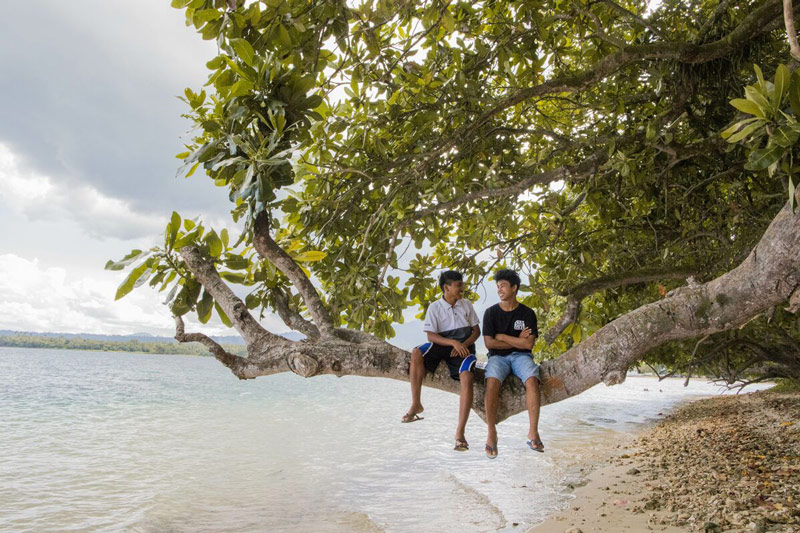
Two young men sit smiling on a tree limb over water.
Caption
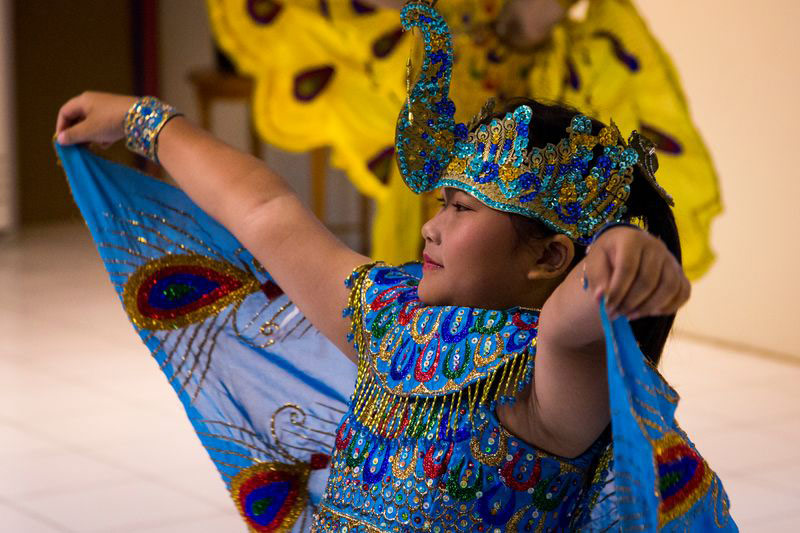
A young girl performs a cultural dance.
Caption
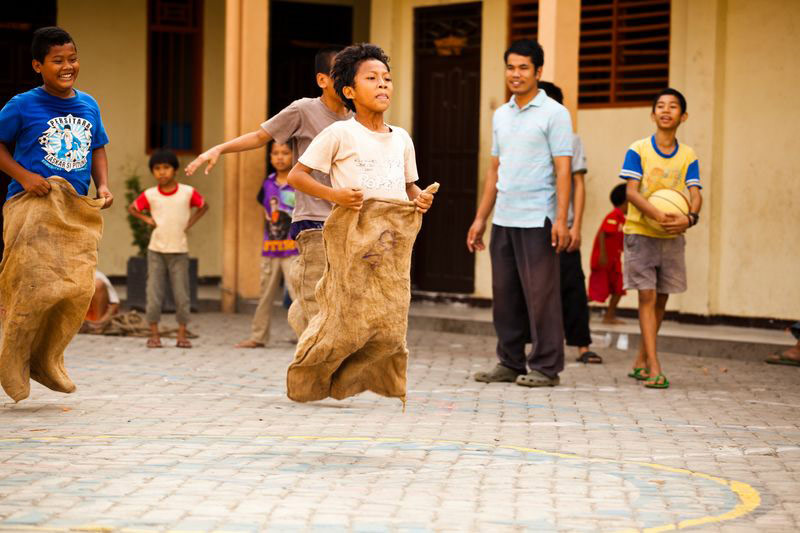
A group of boys race in brown sacks at their child development center.
Caption
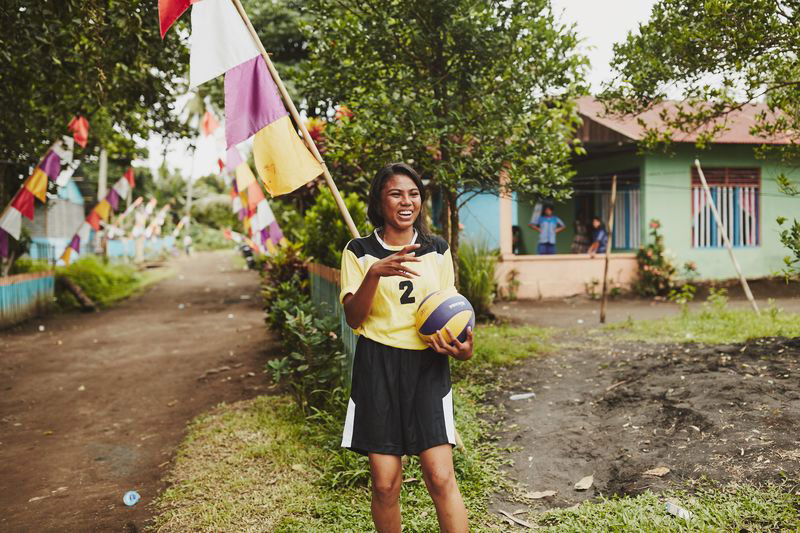
A girl stands in her neighborhood while holding a ball.
Caption
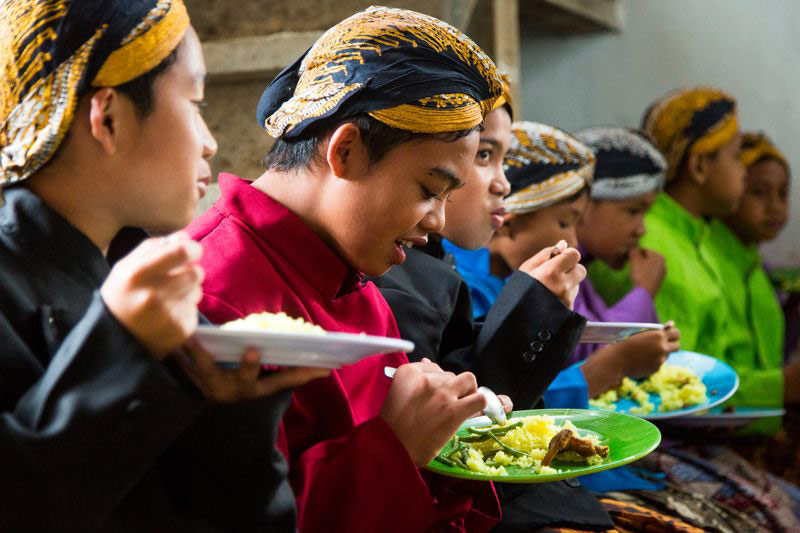
A group of children wearing traditional Indonesian dress have lunch together.
Caption
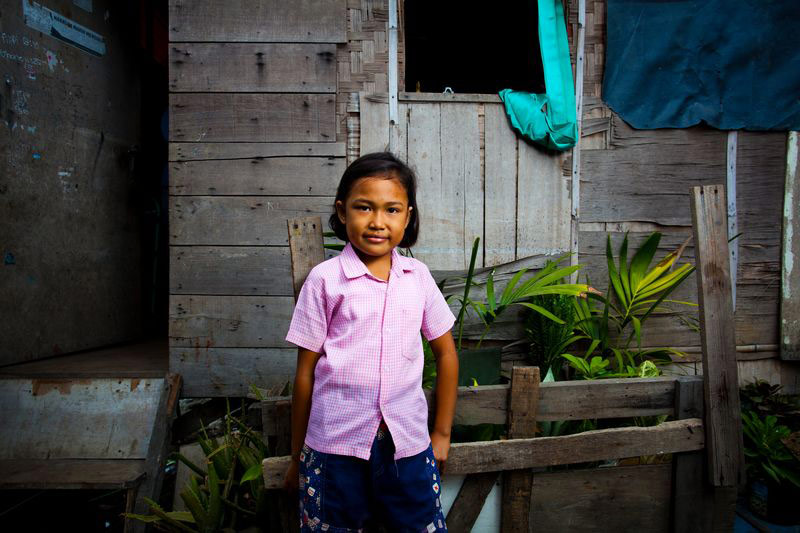
A young girl stands outside her home.
Caption
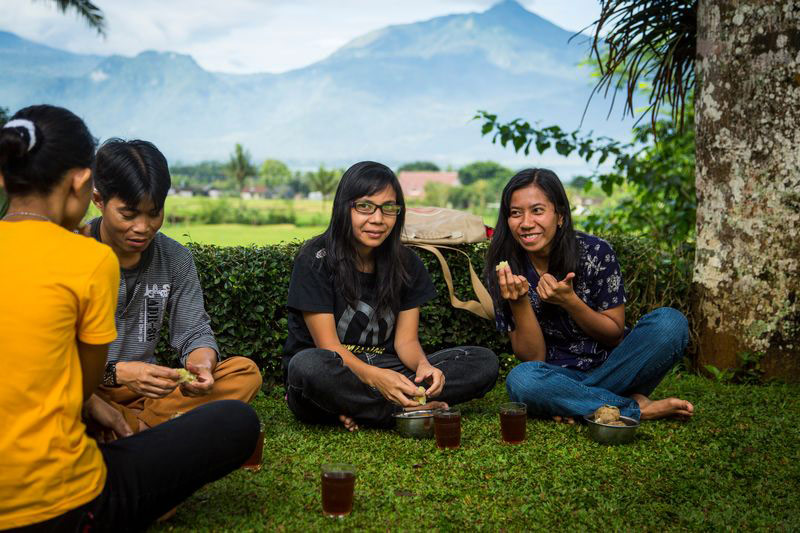
A group of teenagers sit, eat and laugh together.
Caption